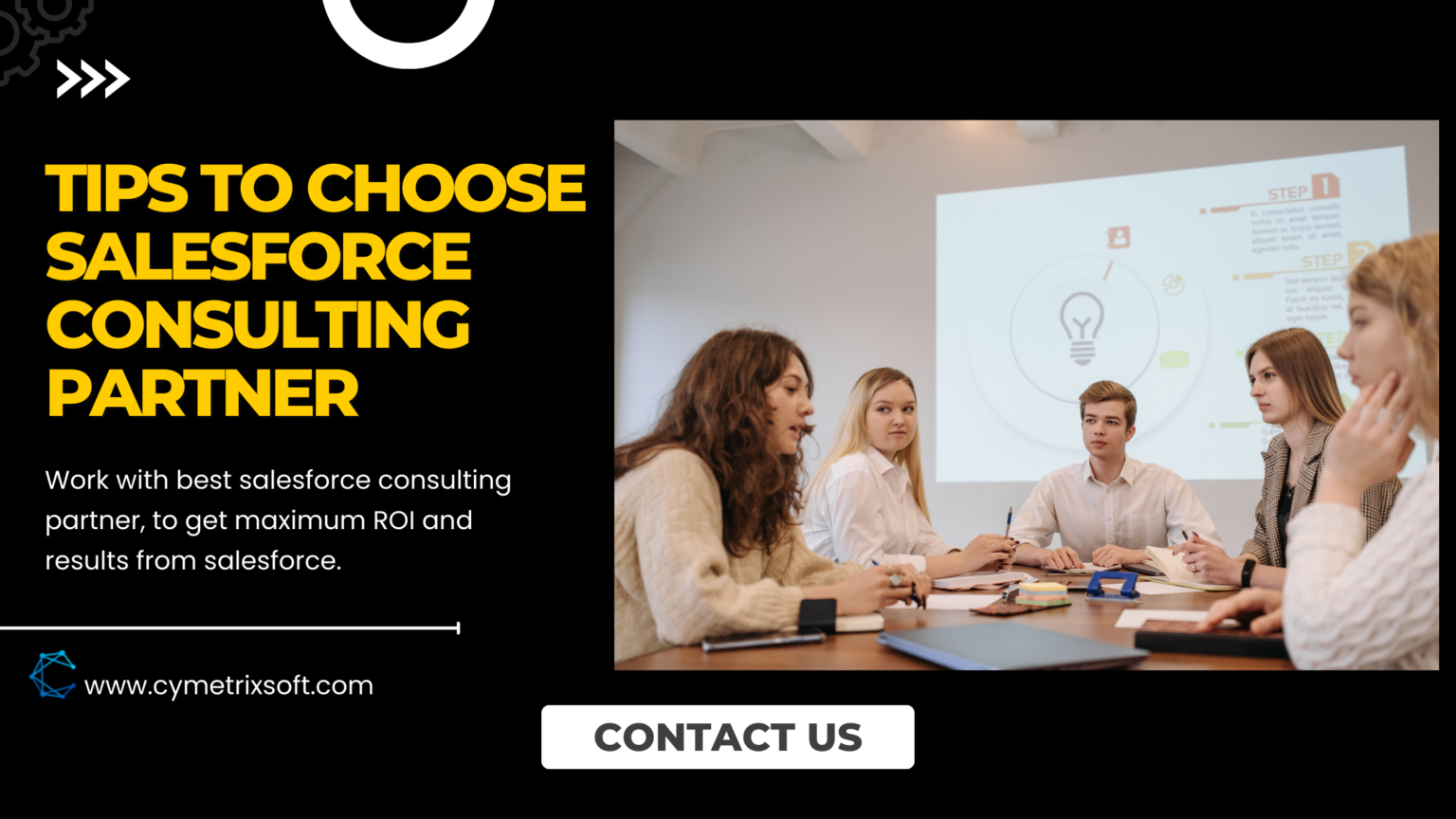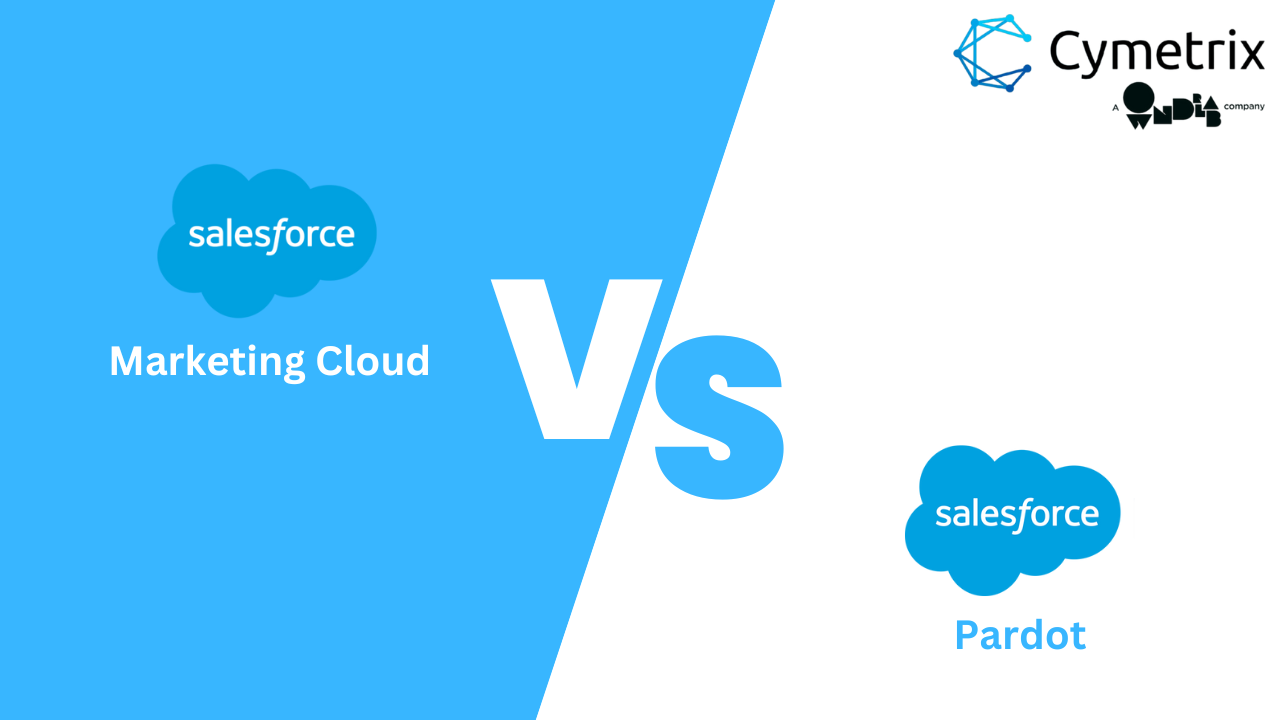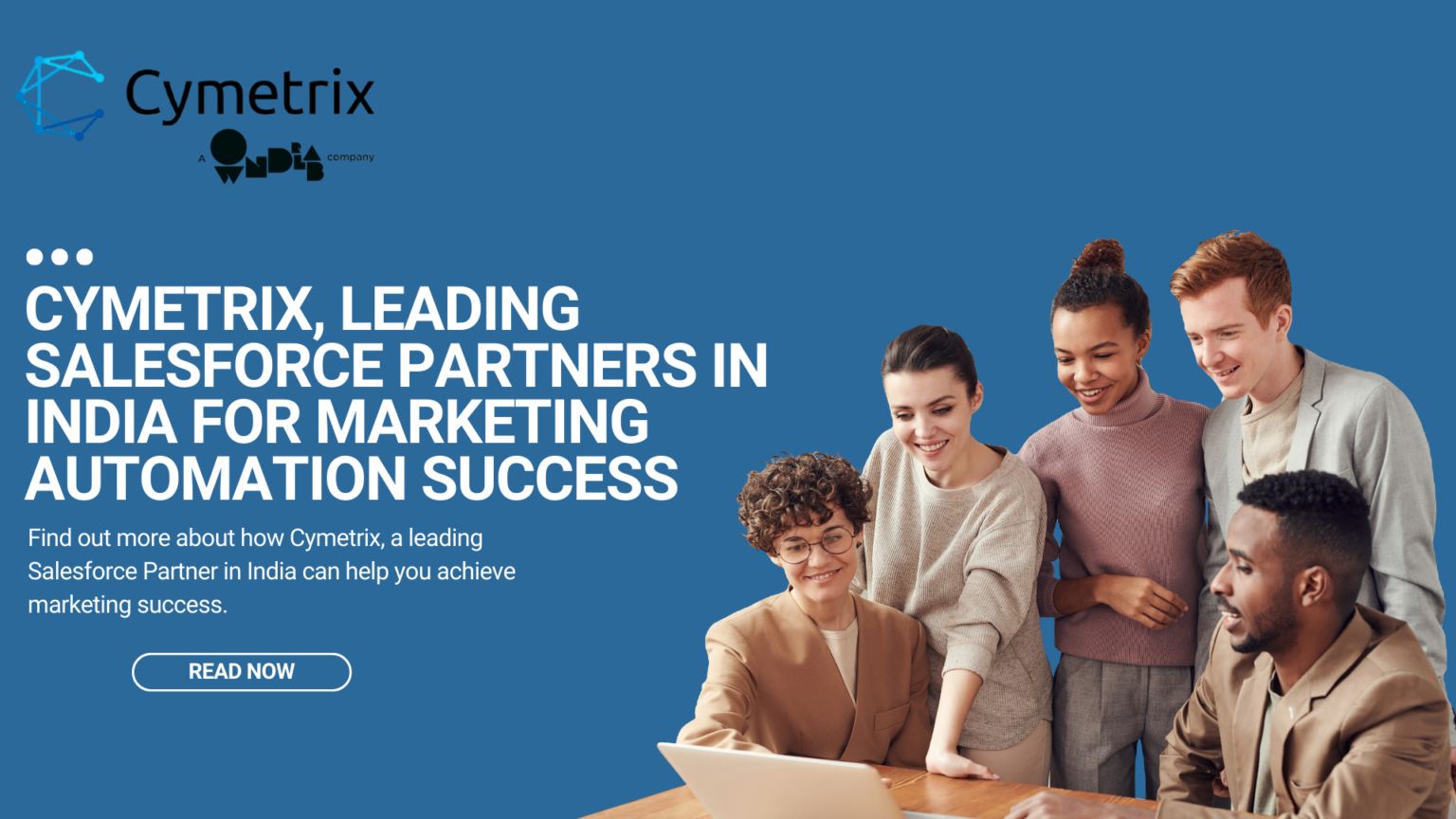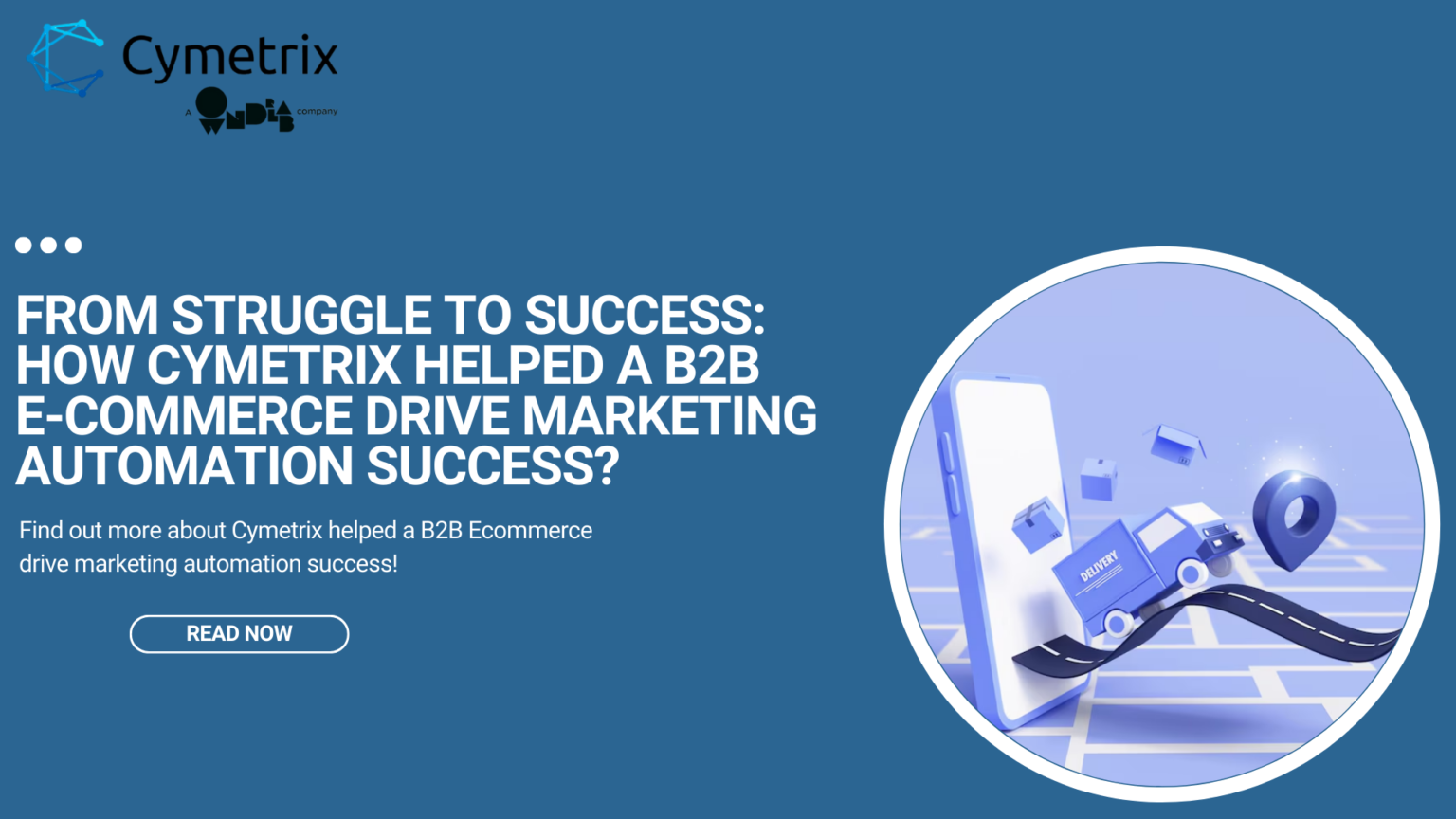
Introduction
Nonprofits are crucial for addressing social, environmental, and economic challenges. However, limited resources, increasing competition for funding, and a complex regulatory environment make it challenging for nonprofits to achieve their mission. Furthermore, to overcome these challenges, nonprofits should leverage technology to streamline operations, improve donor relationships, and enhance outreach efforts. CRM technology has emerged as a powerful solution for nonprofits, and Salesforce, in particular, has gained significant popularity among nonprofits.
Understanding Nonprofit CRM
CRM technology is supposed to help organizations manage interactions with their customers, which, in the case of nonprofits, includes donors, volunteers, members, and beneficiaries. Salesforce Nonprofit Cloud can help organizations manage and track donor relationships, fundraising campaigns, outreach efforts, and programs. These solutions provide a centralized platform for nonprofits to manage their operations, automate workflows, and improve collaboration among team members.
Benefits of Salesforce for Nonprofits
Salesforce has become the go-to CRM platform for nonprofits because of the benefits it has to offer. These benefits include:
- Customizability: Salesforce is highly customizable and can be customized to meet the unique needs of an organization. So, you can configure Salesforce to fit specific workflows, processes, and data needs.
- Scalability: Salesforce is a cloud-based platform that can grow with nonprofits as their needs change. That means nonprofits can start small and gradually add new features and functionality as they scale.
- Integration: Salesforce can integrate with various third-party applications, such as email marketing tools, payment processors, and analytics platforms. That means that nonprofits can consolidate their technology stack and streamline their operations.
- Security: Salesforce is a highly secure platform developed to protect sensitive donor information and ensure compliance with data privacy regulations.
- Analytics: Salesforce offers NGOs powerful analytics and reporting tools that let them monitor key performance indicators (KPIs), assess the effectiveness of their initiatives, and pinpoint development opportunities.
Features of Salesforce for Nonprofits
Numerous features of Salesforce are tailored exclusively for charitable organizations. These features include:
Donor Management
Salesforce enables you to manage donor relationships more effectively by providing tools for tracking donor information, communication, and giving history. Nonprofits can create custom donor profiles, segment donors based on giving behavior, and automate donor communications.
Fundraising
Salesforce provides nonprofits with tools to manage their fundraising campaigns, including donor prospecting, gift processing, and reporting. Moreover, Nonprofits can create custom donation forms, track fundraising progress in real-time, and automate thank-you notes and receipts.
Marketing and Outreach
Salesforce allows you to engage with their supporters through targeted marketing and outreach campaigns. Nonprofits can create and track email campaigns, social media posts, and event invitations and analyze the effectiveness of their efforts.
Volunteer Management
Salesforce also offers features to help nonprofits manage their volunteer programs. Nonprofits can create custom volunteer profiles, track volunteer hours, and automate volunteer communications. Additionally, that enables nonprofits to engage and retain volunteers more effectively.
Program Management
Salesforce provides nonprofits with a platform to manage their programs, including tracking participant data, outcomes, and impact. Nonprofits can create custom program profiles, automate program workflows, and analyze program effectiveness.
Implementing Salesforce for Nonprofits
Implementing Salesforce for nonprofits requires careful planning and execution. Nonprofits should define their goals, identify the necessary features, and configure Salesforce to meet their specific requirements. Thus, a Salesforce consulting partner can help nonprofits through the installation process and ensure they utilize the platform to its full potential.
Best Practices for Salesforce for Nonprofits
Further, to maximize the impact of Salesforce, you should follow these best practices:
- Define clear goals and objectives for Salesforce implementation.
- Customize Salesforce to meet the specific needs of the organization.
- You should train staff and volunteers on how to use Salesforce effectively.
- Regularly review and update Salesforce configurations to ensure alignment with organizational goals.
- Leverage Salesforce analytics and reporting to measure impact and identify areas for improvement.
Case Study: Cymetrix Software Helps LuxArt with Fund-Raising Campaign
LuxArt, a renowned online art marketplace, was determined to establish strong customer relationships and support non-profit organizations through various fundraising initiatives. Moreover, to achieve their goals, they partnered with Cymetrix Software, a leading Salesforce implementation expert. Cymetrix Software helped LuxArt leverage the power of Salesforce Sales and Marketing Cloud to drive impactful campaigns and optimize their sales processes.
Challenge: LuxArt faced the challenge of effectively managing its fundraising campaigns for non-profits while simultaneously driving sales of its art artifacts on its platform. They needed a seamless solution that could integrate their sales and marketing efforts and provide insights into customer preferences.
Solution: Cymetrix Software implemented Salesforce Sales and Marketing Cloud, utilizing key features such as Journey Builder, Audience Builder, and Email Studio. This integrated marketing cloud solution allowed LuxArt to create and manage targeted audiences based on data from Salesforce. So, by syncing contact and lead records between Salesforce and Marketing Cloud, LuxArt could effectively track customer journeys and tailor personalized campaigns.
Results: With Cymetrix Software’s seamless integration of Salesforce, LuxArt achieved remarkable outcomes:
- Successful Fundraising Campaigns: By utilizing the integrated solution, LuxArt executed impactful fundraising campaigns for non-profit organizations, driving increased participation and generating audiences that translated into valuable customers.
- Enhanced Sales and Marketing Efforts: The integrated platform empowered LuxArt to track and analyze customer preferences, allowing them to deliver tailored email campaigns. Thus, this resulted in increased lead generation, up-selling, and cross-selling opportunities.
- Meaningful Lead Growth: Leveraging the power of Salesforce Sales and Marketing Cloud, LuxArt experienced a significant increase in the number of meaningful leads. Therefore, the integrated solution enabled them to capture and nurture prospects effectively, leading to higher conversion rates.
Challenges and Limitations of Salesforce for Nonprofits
Despite its many benefits, Salesforce also has some challenges and limitations that nonprofits should be aware of. These include:
- Complexity: Salesforce can be complex and challenging to configure and maintain, especially for smaller nonprofits with limited resources.
- Cost: Salesforce can be expensive, especially for smaller nonprofit organizations. You need to carefully evaluate their budget and ROI before implementing Salesforce.
- Customization: While Salesforce is highly customizable, this also means that you need to invest time and resources in configuring Salesforce to meet their specific needs.
Future of Salesforce for Nonprofits
As nonprofit organizations face new challenges and opportunities, Salesforce will evolve to meet their changing needs. Furthermore, that includes improving its customization capabilities, integrating with more third-party applications, and enhancing its analytics and reporting features.
Conclusion
Salesforce has proven to be a powerful tool for nonprofits to maximize their impact through better donor management, fundraising, outreach, and program management. Nonprofits that adhere to best practices may significantly enhance their operations and impact even if deploying Salesforce takes careful strategy and implementation. You should also be aware of the challenges and limitations of Salesforce and consider alternatives if necessary.
Cymetrix Software is a trusted Salesforce partner for nonprofits looking to implement Salesforce. With their expertise in Salesforce configuration, customization, and integration, Cymetrix Software can help nonprofits maximize the benefits of Salesforce while minimizing the limitations and challenges.
If you are a nonprofit organization looking to implement Salesforce or improve your current setup for Salesforce, contact Cymetrix Software today to learn more about how they can help you achieve your mission. Together, we can make a significant difference and help you maximize your returns from Salesforce.
FAQs
Q. How long does it take to implement Salesforce for nonprofit organizations?
A. The implementation timeline depends on the complexity of the organization’s needs and the level of customization required. Therefore, Nonprofits should work with a Salesforce consulting partner to develop a realistic timeline.
Q. What are the benefits of using Salesforce for volunteer management?
A. Salesforce offers features to help nonprofit organizations manage their volunteer programs, including custom volunteer profiles, automated communication, and tracking of volunteer hours. So, that helps nonprofits engage and retain volunteers more effectively.
Q. What are the limitations of Salesforce for nonprofits?
A. Salesforce can be complex and challenging to configure and maintain, especially for smaller nonprofit organizations with limited resources. It can also be expensive, and you should carefully evaluate your budget and ROI before implementing Salesforce.








